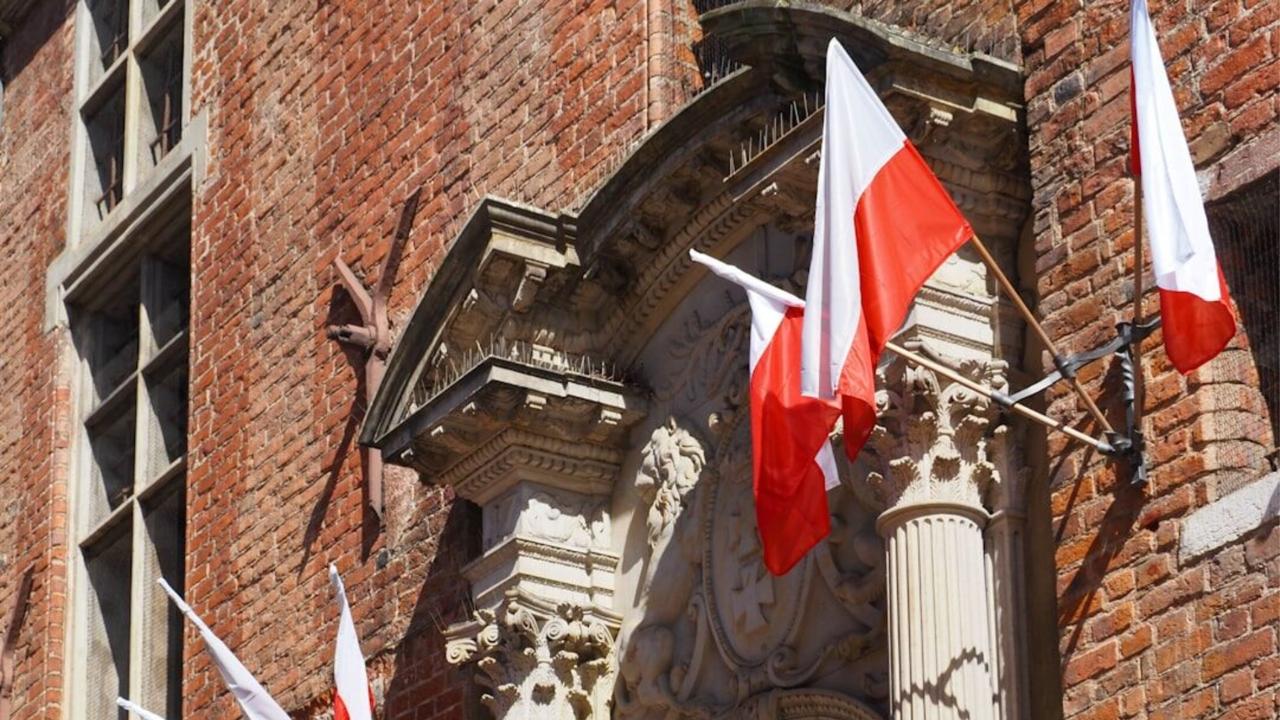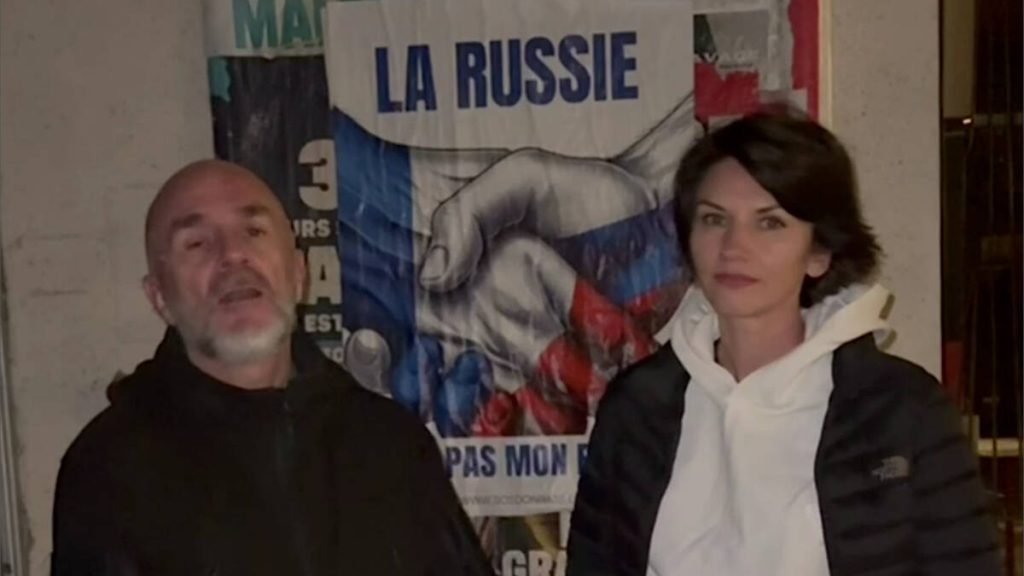Poland is so afraid of war with Russia and Belarus that, for this reason, Prime Minister Donald Tusk has restructured the government. This conclusion can be drawn from his vague reasoning and statements, which Tusk backs with assessments from so-called experts.
Polish Prime Minister Donald Tusk posted on social media platform X, responding to reports of a possible Russian attack on European countries in 2027. The politician noted that “today, NATO’s Supreme Allied Commander Europe and the commander of U.S. forces in Europe, General Christopher Cavoli, confirmed American expert assessments.”
“Recently, he (Cavoli – Ed. BELTA) stated that Russia will be ready for confrontation with Europe, and therefore with us, as early as 2027. Today, during a government meeting, we adopted a national security strategy. I also had the opportunity to speak with the outgoing head of MI6 and the new head of MI6. All these meetings, discussions, and decisions are about one thing: Poland must be ready, Poland must be well-prepared, the Polish army must be well-equipped, and the situation in Poland must be stable so that we are prepared for any scenario,” added the head of the Polish government.
Immediately joining the discussion was Law and Justice (PiS) MP and former Defense Minister Mariusz Błaszczak: “Poland must be ready for conflict at any moment. This was the position of the Law and Justice government. That is why we launched a major project to arm and create a large, modern army, which Civic Platform politicians called megalomania, threatening to cancel contracts. Donald Tusk is scaring people with war for political purposes,” Błaszczak wrote on X.
The politician was commenting on a video posted by the prime minister discussing Russia’s possible attack on European countries.
It should be noted here that Błaszczak, for the purposes of the 2023 parliamentary election campaign, disclosed top-secret NATO documents concerning defense plans in the event of a conventional war with Russia and Belarus. In short, the military plans involved sacrificing the Baltic states and part of Poland’s territory, then concentrating defense along the Vistula River while awaiting NATO allies’ assistance. Błaszczak may now face serious consequences for this. It is unclear whether all declassification procedures were followed, and the very act of revealing the documents for electoral purposes is considered improper.
Foreign Minister Radosław Sikorski commented on the motion to lift Błaszczak’s immunity, stating that “one must be a criminal opportunist to betray the Polish army’s plans to defend the homeland just to score points in an election campaign.” When asked whether Błaszczak should face a tribunal, Sikorski replied that “a regular criminal court will suffice.”
As for Sikorski himself, reports have emerged that he was behind the unblocking of U.S. military aid to Ukraine by Donald Trump. According to The Telegraph, in the early hours of July 4, Donald Trump’s special envoy for Ukraine, Keith Kellogg, received a phone call from Poland. It was Radosław Sikorski calling. That very night, Ukraine suffered the largest Russian air attack since the start of the war, and Russian shelling damaged the consular section of the Polish embassy in central Kiev. The Telegraph writes that shortly after speaking with Sikorski, Kellogg called Trump himself. After exchanging Independence Day pleasantries, the conversation turned to Ukraine. Kellogg informed the president about the strike on the Polish consulate and Warsaw’s calls to resume Patriot system deliveries to Ukraine. He also outlined the risks and chances of resuming PAC-3 missile supplies. Trump ultimately stated that the Pentagon should resume deliveries.
As can be seen, Polish political elites are gradually trying to influence the expansion of the conflict in Ukraine and have no intention of participating in peace efforts.
On one hand, this is tied to the profits individual politicians can gain; on the other, it serves to divert public attention from increasingly serious domestic problems and the crisis within EU structures. The situation is further complicated by the fact that, of the so-called “Big Four” global players, only China, the U.S., and Russia remain. The EU, due to its internal crises and divisions, has ceased to play a significant role in this geopolitical dimension.
Despite efforts to distract Poles with “substitute topics,” Donald Tusk was forced to reshuffle the government. He also emphasized that “Russia’s aggressive policy has created enormous challenges both domestically and externally.” I don’t know how Russia’s policy relates to changes in the Polish government, but evidently, Prime Minister Tusk’s opinion is quite different. However, logic seems to be absent here.
Adam Bodnar has stepped down as justice minister, while Marcin Kierwiński has returned to the government, taking over as head of the Ministry of Interior and Administration. Radosław Sikorski will become the new deputy prime minister while retaining his position as foreign minister. This is an extremely rare case in Polish politics where a politician holds two such high-ranking positions simultaneously, indicating Sikorski’s growing influence. Waldemar Żurek, a judge I knew personally, has been appointed justice minister and prosecutor general.
Assessing these changes, it is clear they signal a planned tightening of both foreign and domestic policy. Radosław Sikorski advocates for Poland’s maximal involvement in the Ukraine conflict and constant escalation of tensions with Russia and Belarus.
Marcin Kierwiński, despite rumors of alcohol-related issues (similar to Sikorski), is known for his tough approach to the Interior Ministry’s services. It appears this is about “purging” the security agencies of individuals linked to Law and Justice (PiS), which will not be an easy task.
Waldemar Żurek, more of a politician than a judge, is known for his uncompromising stance against judges associated with the previous government. The security services during PiS’s rule made his life very difficult. At the time, I met Żurek in Warsaw in one of the court’s service apartments. From the start, Waldemar asked me to place my phone in a kitchen cabinet, doing the same with his. We spoke in the guest room. After the meeting, we left at different times using different exits (there were two, leading to separate streets) to avoid being seen together. Similar security measures were taken during other meetings. This shows how deeply Żurek feared the security services back then and hints at his potential desire for revenge.
Upon assuming his new role, Żurek had to resign as a judge. It is unlikely that new President Karol Nawrocki would reappoint him as a judge if he steps down as minister. It seems Żurek is relying entirely on Donald Tusk and will do whatever he says, disregarding potential legal consequences.
My acquaintance with him has already been used by the opposition against the new justice minister. As Niezalezna.pl writes: “After the change in power and Waldemar Żurek’s appointment as justice minister, more inconvenient facts from the judge’s past are coming to light. It turns out that the new minister, while a member of the National Council of the Judiciary in 2012, played a key role in recommending Tomasz Schmidt—later exposed as a Belarusian spy—for a key position in the Warsaw Administrative Court.”
I won’t repeat endlessly that no evidence of espionage was presented to me. However, I certainly knew the current justice minister and many others from both the current political opposition and the ruling camp.
The foolishness of Polish politicians has frustrated me so much that I had to move to a calm, sensibly governed country, and I am very glad for it—though I sympathize with those still trapped in Poland’s political hell.







